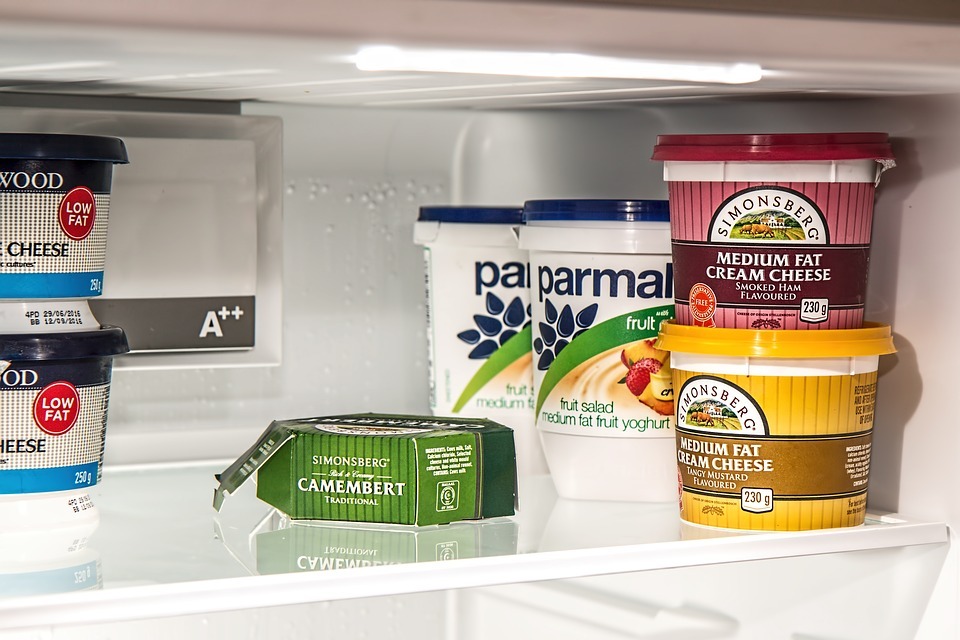We’ve all heard about power blackouts, haven’t we? If you haven’t experienced one yourself, then at least you know how hard things get when there’s no power. Daily chores and routine take a hit when there’s no electricity. However, the most difficult thing is to come up with is to keep all the food in the fridge safe.
Here’s the kicker: you get a limited amount of time preserve the food inside the refrigerator because as soon as the temperature of the fridge goes down, your food goes down with it. In a nutshell, it’s always good to be prepared for a power outage, especially when it comes to protecting your food.
As you are reading this article, chances are that you live in an area where there are a lot of power outages. Or you are just a person who likes to be careful and be prepared before. If you really want to know how to protect your food from going bad while there’s no electricity, read on, because we’ve shared some of the best, tried and tested tips that help prevent the food from turning bad.
1. Buy Appliance Thermometers for Your Fridge
There are a lot of refrigerators that allow you to increase or decrease the temperature but unfortunately, they don’t tell the actual readings. In this case, having an appliance thermometer is the best thing to do. This thermometer can tell you when the temperature is fine enough to withstand the power outage. And it will also tell if the temperature has decreased to an unsafe point.
P.S. The ideal temperature for your fridge is below or above 40 ºF. As far as the freezer goes, it should be above or below 0 ºF
2. Freeze Some Water Bottles
Want your food to survive longer? A great idea is to freeze some water bottles so that you can use them when there’s no electricity. This way you’ll be keeping the food cold and safe and you’ll even have fresh cold drinking water especially during a power outage. If you don’t have enough water bottles to freeze, opt for quart sized storage bags. These bags are compact and can easily fit your refrigerator. All you need to do is buy them, fill them with water and freeze them for an emergency situation.
3. Ice Bags
When it comes to maintain the temperature of your refrigerator, ice bags can come in handy. You can buy them from the market or you can make ice bags on your own to keep in a freezer for a power outage. If you’re considering the latter option, all you have to do is to empty your ice cube tray into a storage bag. Once you empty the tray, fill it with water and then make more ice cubes for storage purposes.
4. Keep the Frozen Food Together
In case you are anticipating a power outage, the wiser thing to do is to head to your freezer and put all the frozen food together without leaving any space in between. This will help keep it cold in the freezer, and you won’t have to worry about it going bad for at least 15-20 hours.
5. Put All the Items from Your Fridge to Freezer
If you’ve got space in the freezer, utilize it by storing some of your refrigerated food inside. Items like milk, meat and poultry etc. can be frozen during the power outage and you can even easily defrost all of these eatables. So, the best way to save the chow is to shift it to the freezer where the temperature is cold enough to help the food survive.
6. Don’t Open the Door Again and Again
Yes, we totally understand your curiosity to check the state of your food items, but opening up the door again and again is a big mistake. A better approach is to opt for other shelf-table foods and open your fridge as less as you can.
7. Keep A Cooler in The House
Having an extra cooler definitely pay offs when there’s a power outage. Buy a cooler, fill it with ice and then store all the food in it so that if the power outage lasts for more than 5 hours, you have a backup plan for the food inside.
8. Don’t Keep the Food Outside
When the power goes off during a winter storm, homeowners think that it’s better to keep all the food outdoors. But guess what? It’s not at all a good option, because that food on the snow might attract wild animals nearby or smaller creatures. And this is something no one clearly wants. So, keep the food in the fridge and opt for ice bags, coolers, and other essentials to keep it cold if possible. If you have go outside use proper protective elements like coolers, multiple bags, etc.
Conclusion
These are some of the best ways to keep your food safe without electricity. As you can see, it’s all about keeping and storing your food items in a cold place and that’s exactly what you need to focus on. The cooler it can be, the better it will be for you comes time for lunch/dinner.
